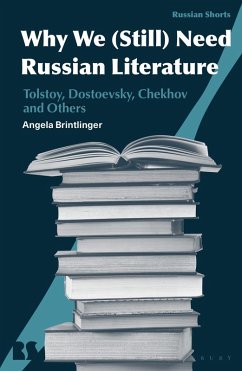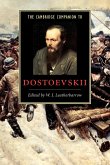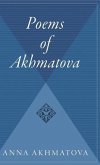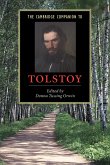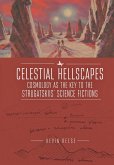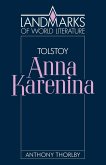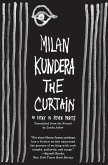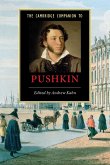For nearly two centuries readers all over the world have turned to the great canon of Russian literature. Love and death, war and peace, yes, even crime and punishment; readers across the globe have found in Russian writing a substantial measure of intellectual provocation, aesthetic pleasure, emotional resonance, and personal solace. Why We (Still) Need Russian Literature uses a number of Russian authors, from the familiar names of Tolstoy, Dostoevsky and Chekhov to less widely known writers like Goncharov, Bunin and Erofeev, to connect readers with these experiences. With a lively, jargon-free style and insightful analyses of thought-provoking texts, this concise volume helps you to understand more fully the pleasure to be found in reading by putting you in conversation with some of the Russian masters. Though Russian novels often seem to be as big and potentially dangerous as a brick, this book argues that 'big' is in the eye of the beholder; the very definition of a Big Book, as is argued here, being a work of literature that bears reading and rereading, contemplating and discussing. Indeed by demonstrating how to identify what readers seek, and find-from aesthetically pleasing descriptions to apt psychological renderings-in Russian books, Angela Brintlinger seeks to enhance the gratification of reading, giving armchair travelers an excuse to embark on a series of fascinating journeys. Drawing on Brintlinger's experiences as a scholar, teacher, and reader of literature, the book is informed by a deep cultural understanding of Russia and Russians. It reveals this through engaging literary meditations that connect Russian literature to those losses, ironies, and ambiguities that define the human condition. More specifically, it will serve as a guide or a prompt to give the Big Books of Russian literature a(nother) chance.
Hinweis: Dieser Artikel kann nur an eine deutsche Lieferadresse ausgeliefert werden.
Hinweis: Dieser Artikel kann nur an eine deutsche Lieferadresse ausgeliefert werden.
Four great writers, and some gentle guidance into instructive corners of their world. Angela Brintlinger reminds us why we should not lose our way to these wisdom-laden places. Caryl Emerson, A. Watson Armour III University Professor of Slavic Languages and Literatures Emerita, Princeton University, USA

